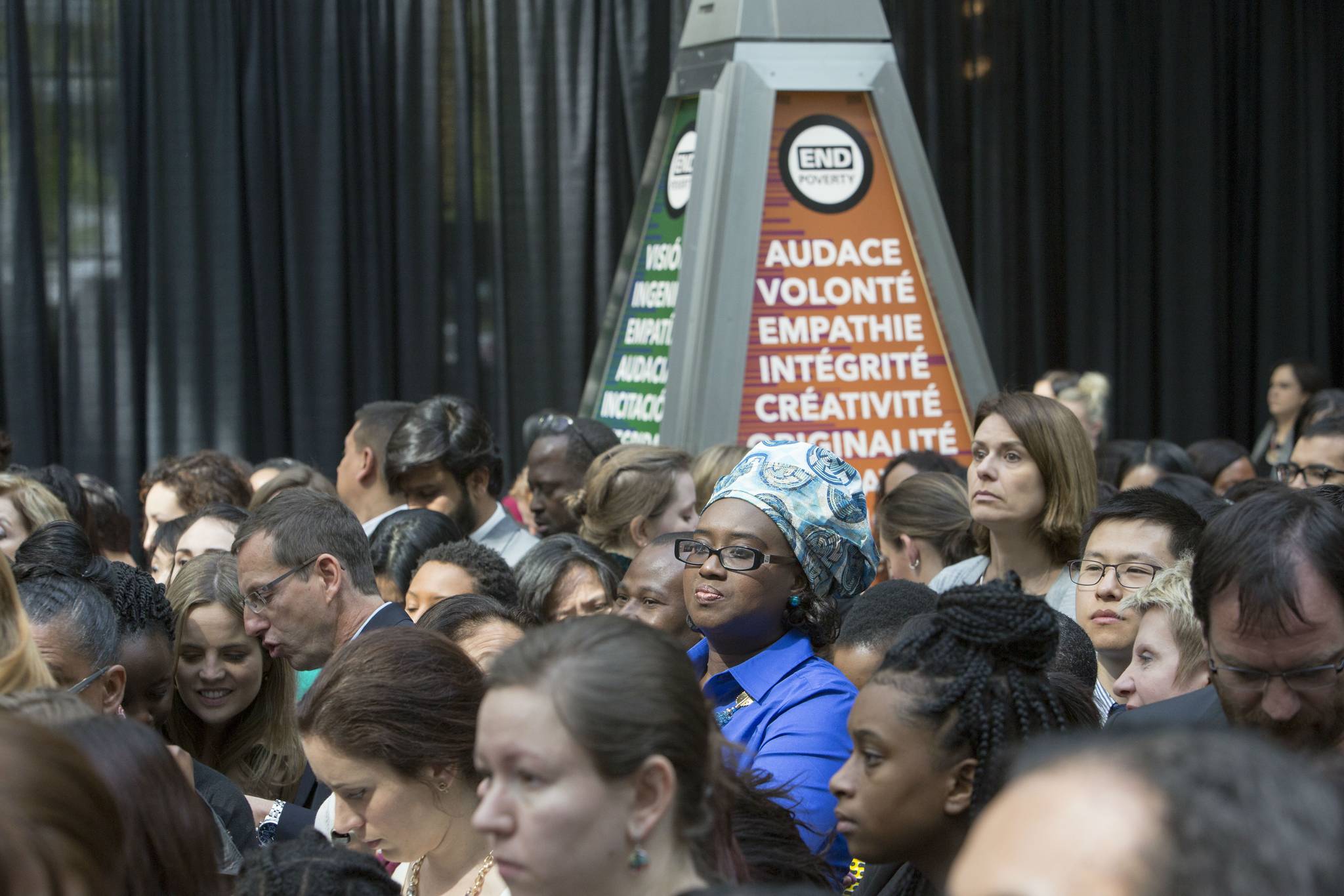
“Leadership matters,” says Danielle Harlan, CEO of the Center for Advancing Leadership and Human Potential. “The people who make decisions at the top affect our lives in ways big and small.” But, says Harlan, we have a leadership problem. And her opinion is validated by studies that suggest a widespread lack of trust in leaders; just 4% of Americans think politicians keep their campaign promises, while 75% of workers say their boss is the most difficult part of their job. In her book, The New Alpha, Harlan outlines the qualities of a new type of leader – someone who prioritises achievement along with fulfilment and positive impact. We sit down with Harlan to unpick the behaviours that make a ‘New Alpha’ and discuss what effective leadership looks like in 2017 and beyond.
“When we think about the traditional alphas, they’re high-achieving,” says Harlan. “They are people who will do whatever they need to do to achieve a goal. These kinds of leaders are effective, but completely terrible to work with. They’re the kind of people that have temper tantrums in meetings and drive themselves and others into the ground trying to accomplish things.” With the traditional alpha model, where the sole focus is to achieve, influence and motivate, other important factors go out the window. It’s why people often find bosses unethical, unfair and unpleasant; the 2016 Edelman Trust Barometer revealed that only 24% of global respondents think that CEOs exhibit highly ethical behaviours, and just 25% think they treat employees well.
New Alphas are also focused on achievements, but there are additional factors that drive them. “Throughout my career, I’ve experienced a lot of really effective, high-achieving leaders who are transformational and who have a compelling vision,” Harlan explains. “They bring other people into their vision and they are inspiring to work with – emotionally intelligent, highly ethical, but also really effective.”
“People are rating qualities like honesty as more important than ever in their leaders,” says Harlan. Authentic leadership – or the ability to be self-aware and act ‘authentically’ in one’s actions and interactions – is positively correlated to numerous positive outcomes, such as greater personal happiness and wellbeing and more effective leadership performance. A poll commissioned by Canvas8 corroborates this; the top three values Americans look for in a leader are honesty (66%), intelligence (52%) and integrity (39%).

These positive traits are often considered something that we do because it’s ‘morally right’, but Harlan points to research that also suggests that there are a number of commercial benefits. One study from 2010 found that people who make ethical decisions have better creative thinking and problems solving skills, while several other studies show that employees who perceive their leaders as ethical tend to be more engaged or motivated in their work. And at a business level, Harlan believes that not attempting to change to this new way of leading could be detrimental. “There is a low engagement rate at work around the world because we have a bunch of leaders who are in this more traditional alpha mode who are either unaware or are unwilling to change.” This has a significant negative impact; a 2016 Gallup poll found that just half of US Gen Yers – compared to 60% of other age groups – strongly agreed that they planned to be working at the same company in a year's time.
Organisations are starting to react as this cohort makes up a growing proportion of the workforce. Programmes like Google’s ‘Search Inside Yourself Leadership Institute’, designed to create mindful, compassionate managers, and L’Oréal’s recruitment campaign asking employees to share advice for their younger selves both fall in line with Gen Y’s workplace aspirations. "They want something different," writes Josh Bersin, founder of Bersin by Deloitte. "They’re demanding, they want meaningful work, and they expect their employer to make work more rewarding in many ways."
Being caring and compassionate have previously been seen as ‘soft’ or ‘feminine’ attributes – but that doesn’t mean they’re not impactful. In 2013, John Gerzema, co-author of The Athena Doctrine, conducted a global study of 64,000 people, finding that two-thirds of the population thought the world would be a better place if leaders demonstrated more feminine characteristics. And Harlan agrees that New Alpha-style leadership is certainly more embracing of this feminine approach. “I’d say it’s more a case of finding a balance. Yes, they’re logical thinkers. Yes, they have good decision-making skills based on objective data. But, most importantly, they also pay attention to people.”
Jo Allison is editor at Canvas8, which specialises in behavioural insights and consumer research. Previously, she worked for retail trends consultancy GDR, where shopping was part of the job description. When she’s not getting her head around the quirks of human behaviour, she’s busy ‘researching’ the latest food or fitness fad.



